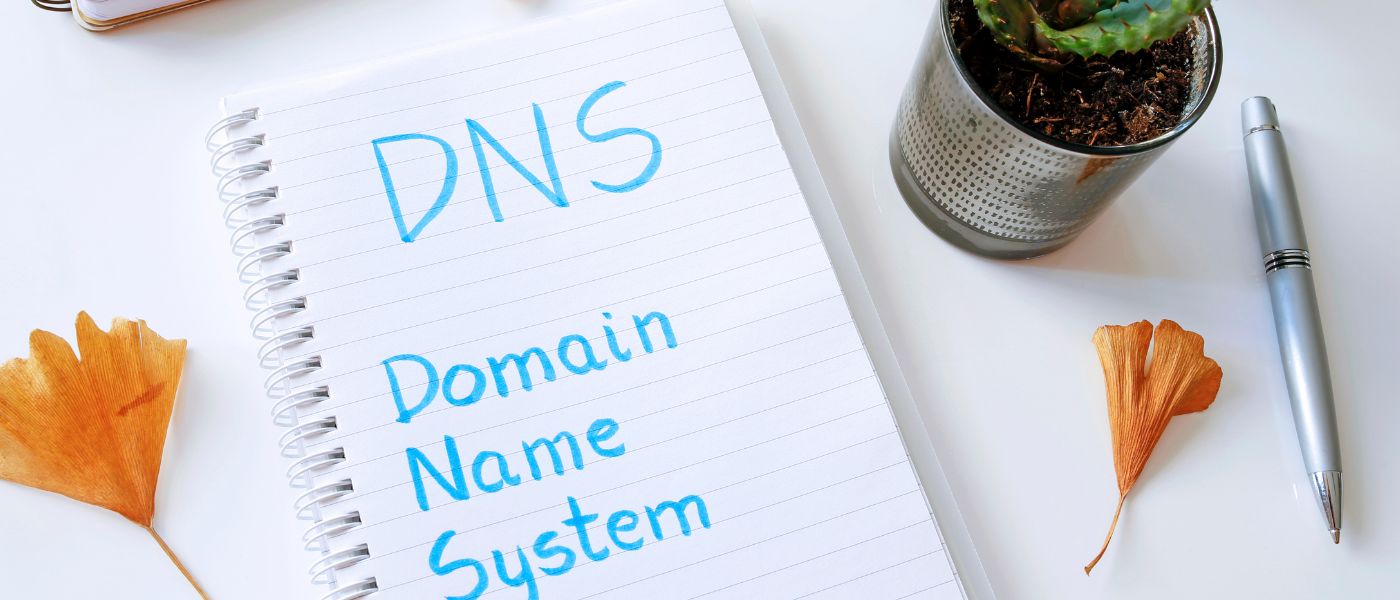
 It is easy for children to to come across NSFW content on the internet. Using OpenDNS you can easily set up a family filter on your WiFi router to avoid this.
It is easy for children to to come across NSFW content on the internet. Using OpenDNS you can easily set up a family filter on your WiFi router to avoid this.
 Dappy is a first of its kind ultra-secure web browser and name system. It is a no-DNS protocol that has been built with a decentralized and zero-trust approach
Dappy is a first of its kind ultra-secure web browser and name system. It is a no-DNS protocol that has been built with a decentralized and zero-trust approach
 Dappy is a first of its kind open source web browser and name system that addresses at the same time the structural flaws of the Domain Name System
Dappy is a first of its kind open source web browser and name system that addresses at the same time the structural flaws of the Domain Name System
 Website categorization refers to the process of classifying websites that users come into contact with into various categories.
Website categorization refers to the process of classifying websites that users come into contact with into various categories.
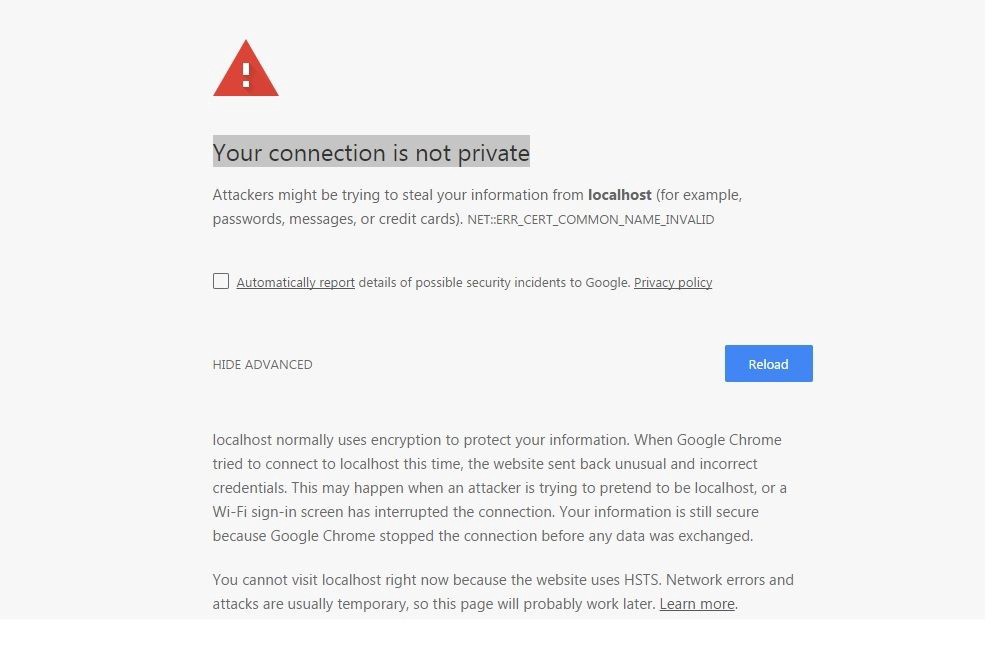 Certificate chains are used to be able to verify an end user certificate against a list of intermediaries and a root authority. We are going to explain this in a bit more detail.
Certificate chains are used to be able to verify an end user certificate against a list of intermediaries and a root authority. We are going to explain this in a bit more detail.
 A brief explanation of how DNS works, modern secure DNS protocols and how Control D service helps you control your Internet experience.
A brief explanation of how DNS works, modern secure DNS protocols and how Control D service helps you control your Internet experience.
 Some people say that the VPN is becoming obsolete. But is it really so?
Some people say that the VPN is becoming obsolete. But is it really so?
 As we adjust to life during a pandemic, two things have become clear: First, the internet is essential; second, the internet is full of dangers. Each of these dangers is different: They vary in the sort of attack they strike with, our familiarity with them, and the tools we can use to avert them. For example, viruses have been well-known for decades. Every PC is currently protected with antivirus software--and in many cases, it’s incorporated right into your operating system. Other types of internet threats, such as botnets, are newer, more difficult to detect, and less known to web users.
As we adjust to life during a pandemic, two things have become clear: First, the internet is essential; second, the internet is full of dangers. Each of these dangers is different: They vary in the sort of attack they strike with, our familiarity with them, and the tools we can use to avert them. For example, viruses have been well-known for decades. Every PC is currently protected with antivirus software--and in many cases, it’s incorporated right into your operating system. Other types of internet threats, such as botnets, are newer, more difficult to detect, and less known to web users.
 Costs, complexity and integrations are keeping crypto out of the mainstream. These are about to change.
Costs, complexity and integrations are keeping crypto out of the mainstream. These are about to change.
 Communicating with each other, i.e., applications, devices, web pages, requires a standard naming system. The naming system allows every shred of technology to recognize each other as well as an essential part of knowing where to send the information. It is vital when devices need to communicate with resources over the internet due to the vast quantity of services and websites that need to be recognized. This is the reason why the Domain Name System (DNS) is crucial to the business organizations.
Communicating with each other, i.e., applications, devices, web pages, requires a standard naming system. The naming system allows every shred of technology to recognize each other as well as an essential part of knowing where to send the information. It is vital when devices need to communicate with resources over the internet due to the vast quantity of services and websites that need to be recognized. This is the reason why the Domain Name System (DNS) is crucial to the business organizations.
 5 easy steps to deploying a website from getting it properly hosted, to setting up its DNS and finally completing the process by having the infrastructure set
5 easy steps to deploying a website from getting it properly hosted, to setting up its DNS and finally completing the process by having the infrastructure set
 DNS Kubernetes improvements, How to change ndots option default value of dns in Kubernetes. DNS k8s best practices.
DNS Kubernetes improvements, How to change ndots option default value of dns in Kubernetes. DNS k8s best practices.
 David Holtzman will assist Naoris Protocol in the areas of marketing, technology, and strategy, enabling the company to revamp the cyber security.
David Holtzman will assist Naoris Protocol in the areas of marketing, technology, and strategy, enabling the company to revamp the cyber security.
 Outsourcing is the process of a company contracting with a third party to do a certain task. This post will show how these two elements can work together.
Outsourcing is the process of a company contracting with a third party to do a certain task. This post will show how these two elements can work together.
 Business is driven by the well-calculated balance between spending and earning, and even the most successful companies are in a constant search for ways to cut costs. But what’s often a “nice to have” for larger companies can be a matter of survival for startups and small family businesses, who are usually only able to spend money on the essentials.
Business is driven by the well-calculated balance between spending and earning, and even the most successful companies are in a constant search for ways to cut costs. But what’s often a “nice to have” for larger companies can be a matter of survival for startups and small family businesses, who are usually only able to spend money on the essentials.
 A Distributed Version Control System that can be navigated via a block explorer.
A Distributed Version Control System that can be navigated via a block explorer.
 Cloudflare configuration
Cloudflare configuration
 Surprising but true. When the Internet Corporation for Assigned Names and Numbers (ICANN) announced the release of new gTLDs, cyber attackers seemed to have taken the opportunity to ride along and use these to more effectively evade detection. It didn’t take long before some of the new gTLDs, unfortunately, obtained a shady reputation.
Surprising but true. When the Internet Corporation for Assigned Names and Numbers (ICANN) announced the release of new gTLDs, cyber attackers seemed to have taken the opportunity to ride along and use these to more effectively evade detection. It didn’t take long before some of the new gTLDs, unfortunately, obtained a shady reputation.
 Gradually Shift Traffic with AWS Route 53 Weighted Routing Policy
Gradually Shift Traffic with AWS Route 53 Weighted Routing Policy
 Subdomain takeover or subdomain hijacking refers to a technique by which "unused" subdomains can be made to point to a location of the attacker's choice.
Subdomain takeover or subdomain hijacking refers to a technique by which "unused" subdomains can be made to point to a location of the attacker's choice.
 Having flaky tests in your CI is a nightmare. You can't tell whether your new code broke something or if it's just those tests being flaky again. So anytime we see strange, random failures in CI for our open source project, Adapt, we try to track down the culprit ASAP. This is the story of how we discovered we were (accidentally) flooding our DNS server with traffic and how we used a DNS cache in Docker to solve the problem.
Having flaky tests in your CI is a nightmare. You can't tell whether your new code broke something or if it's just those tests being flaky again. So anytime we see strange, random failures in CI for our open source project, Adapt, we try to track down the culprit ASAP. This is the story of how we discovered we were (accidentally) flooding our DNS server with traffic and how we used a DNS cache in Docker to solve the problem.
 Purple.com is apparently Virgin Atlantic’s choice of domain for its In-flight Wi-Fi landing page. But what does that mean?
Purple.com is apparently Virgin Atlantic’s choice of domain for its In-flight Wi-Fi landing page. But what does that mean?
 Prerequisite knowledge: Linux, SSH, SSL, Docker, Nginx, HTTP, DNS
Prerequisite knowledge: Linux, SSH, SSL, Docker, Nginx, HTTP, DNS
 The project was conceived by the people who brought you Purse and Private Internet Access.
The project was conceived by the people who brought you Purse and Private Internet Access.
 DNS is a topic often considered difficult to understand, but the basic workings are actually not hard to grasp. The first fundamental point to grasp is that every domain in existence is linked to an Internet Protocol (IP) address.
DNS is a topic often considered difficult to understand, but the basic workings are actually not hard to grasp. The first fundamental point to grasp is that every domain in existence is linked to an Internet Protocol (IP) address.
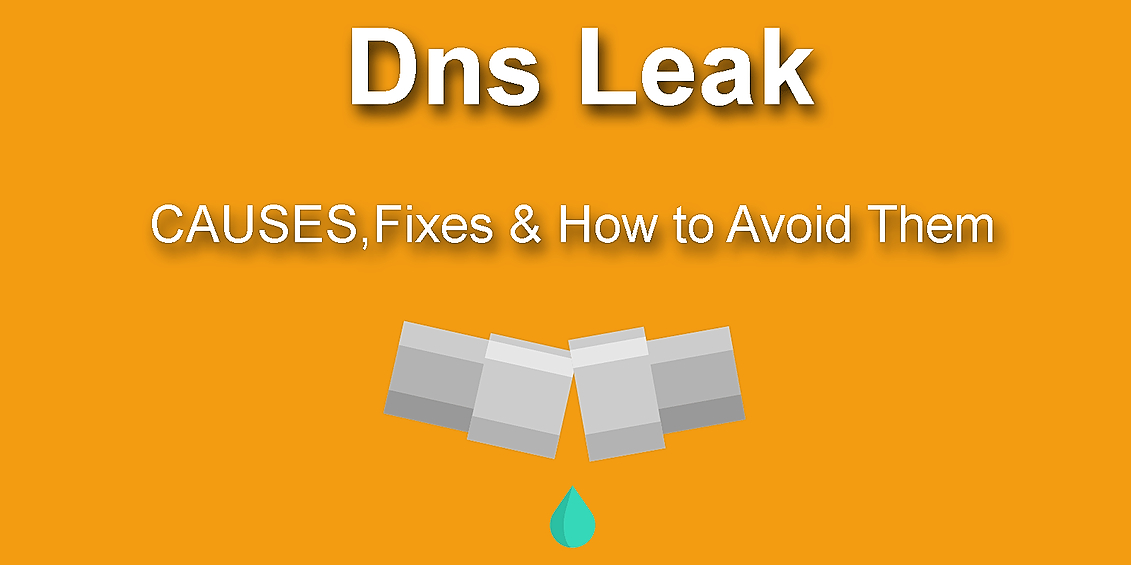 VPNs (Virtual Private Networks) provide an easy way for online anonymity.With just a few clicks, it makes it possible to mask your location and hide your online activity from prying eyes. VPNs aren’t however foolproof; a DNS leak could leave you exposed even when the VPN is ON. DNS (dynamic name system) links IP addresses with the URL a user has visited. The website sends a request to the DNS Server (containing the URL), which then points it to the appropriate IP address.
VPNs (Virtual Private Networks) provide an easy way for online anonymity.With just a few clicks, it makes it possible to mask your location and hide your online activity from prying eyes. VPNs aren’t however foolproof; a DNS leak could leave you exposed even when the VPN is ON. DNS (dynamic name system) links IP addresses with the URL a user has visited. The website sends a request to the DNS Server (containing the URL), which then points it to the appropriate IP address.
 Your website will be accessible with http. To access it with https do this three extra steps:
Your website will be accessible with http. To access it with https do this three extra steps:
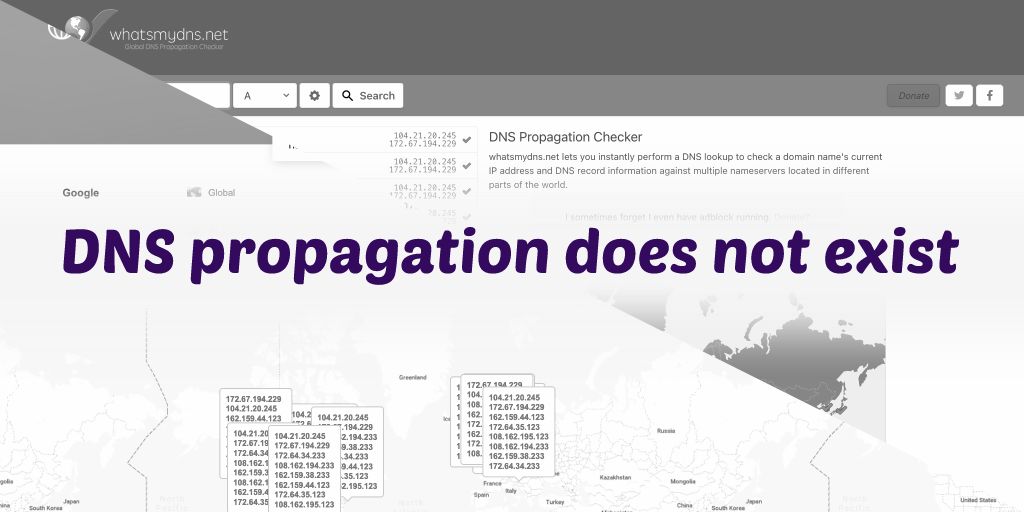 A widespread fallacy among IT professionals is that DNS propagates through some network. So widespread in fact, that there are a couple of sites dedicated to visualizing the geographic propagation of DNS records. But DNS propagation does not exist.
A widespread fallacy among IT professionals is that DNS propagates through some network. So widespread in fact, that there are a couple of sites dedicated to visualizing the geographic propagation of DNS records. But DNS propagation does not exist.
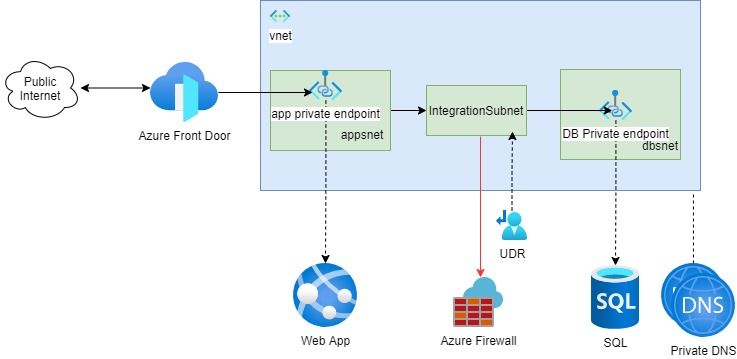 Cloud solution architecture of Azure hosted web application from Network Security perspective using Azure App Service, Azure SQL using Private Endpoints
Cloud solution architecture of Azure hosted web application from Network Security perspective using Azure App Service, Azure SQL using Private Endpoints
 The most important things in life don’t always scream the loudest. Well, this is the case of the often overlooked Domain Name System (DNS). With the behind-the-scenes nature of DNS, many CISOs underestimate what criminals can do with it and focus on other areas of security.
The most important things in life don’t always scream the loudest. Well, this is the case of the often overlooked Domain Name System (DNS). With the behind-the-scenes nature of DNS, many CISOs underestimate what criminals can do with it and focus on other areas of security.
 DNS resolution is the first thing that happens when a request is made to a remote server. It is a process of finding the computer-friendly address of the remote server using a human-friendly domain name.
DNS resolution is the first thing that happens when a request is made to a remote server. It is a process of finding the computer-friendly address of the remote server using a human-friendly domain name.
 Using a browser to consume content is something most of us do everyday. Heck, you're doing it right now. Recently though, I was humbled by the realization that for something I do so often, I only had a vague idea of what was happening "under the hood". But rather than stew in my own shame and self-loathing, I decided to dive in to gain a better grasp on the complete end-to-end process, or life cycle, of a browser.
Using a browser to consume content is something most of us do everyday. Heck, you're doing it right now. Recently though, I was humbled by the realization that for something I do so often, I only had a vague idea of what was happening "under the hood". But rather than stew in my own shame and self-loathing, I decided to dive in to gain a better grasp on the complete end-to-end process, or life cycle, of a browser.
 The Domain Name System.
The Domain Name System.
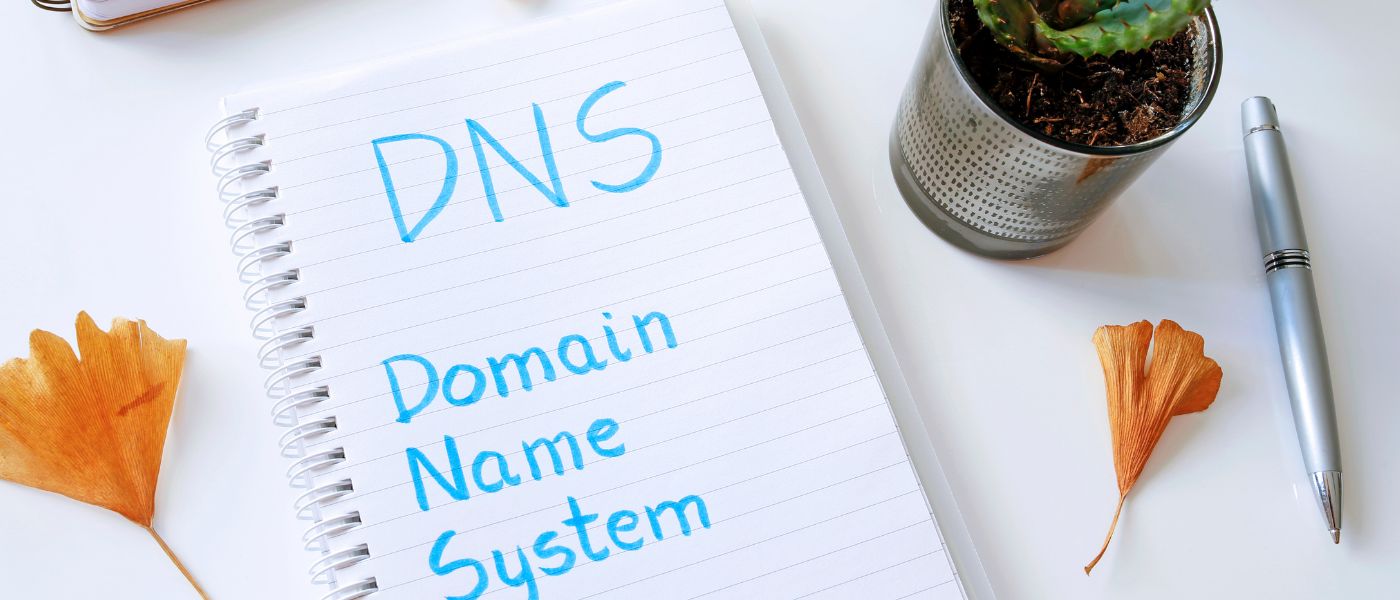 DNS is a protocol that translates human-friendly URLs into IP addresses and a DNS attack is when a hacker exploits vulnerabilities in the DNS service itself.
DNS is a protocol that translates human-friendly URLs into IP addresses and a DNS attack is when a hacker exploits vulnerabilities in the DNS service itself.
 Whois API studied the digital footprints of Fortune 500 companies, uncovering thousands of potential business impersonation scams that use CEO identities.
Whois API studied the digital footprints of Fortune 500 companies, uncovering thousands of potential business impersonation scams that use CEO identities.
 While threat hunting has become quite challenging, partly because of WHOIS data redaction, the DNS continues to provide clues.
While threat hunting has become quite challenging, partly because of WHOIS data redaction, the DNS continues to provide clues.
 Why do need IPNS, How to Use it and it’s Comparison with DNS
Why do need IPNS, How to Use it and it’s Comparison with DNS















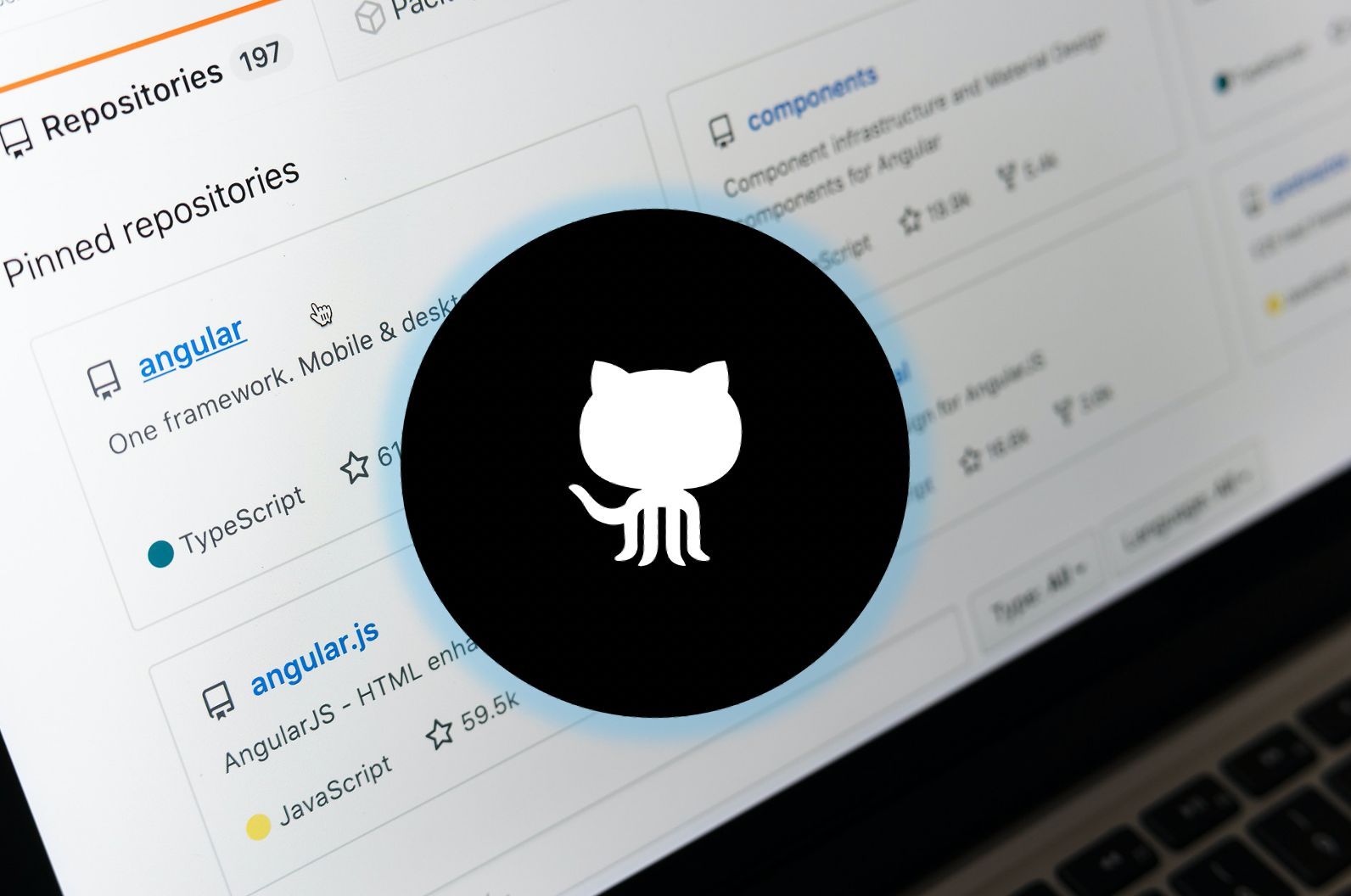






The project was conceived by the people who brought you Purse and Private Internet Access.

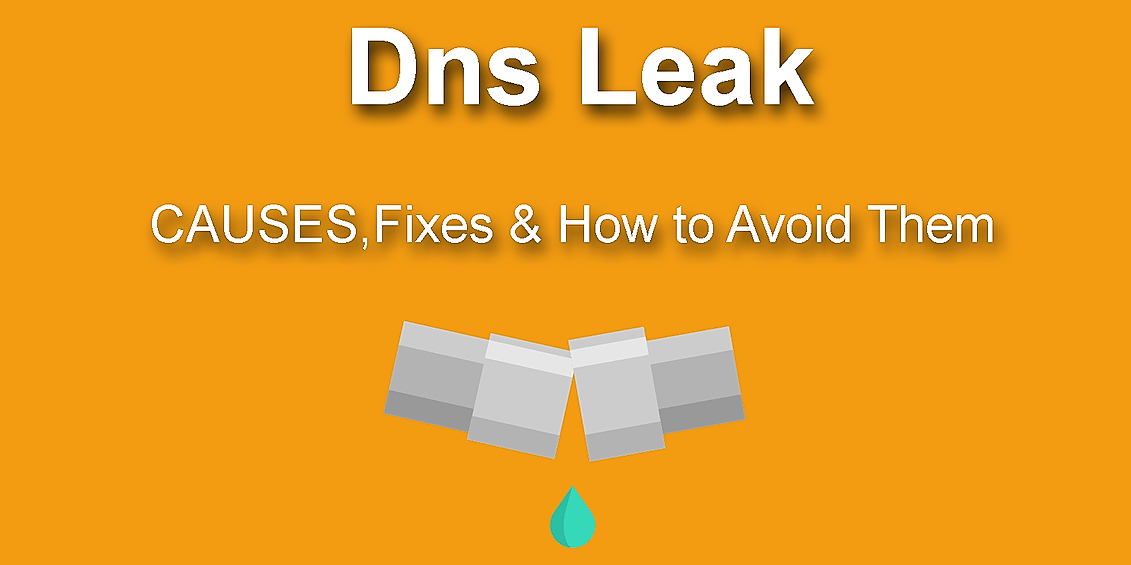

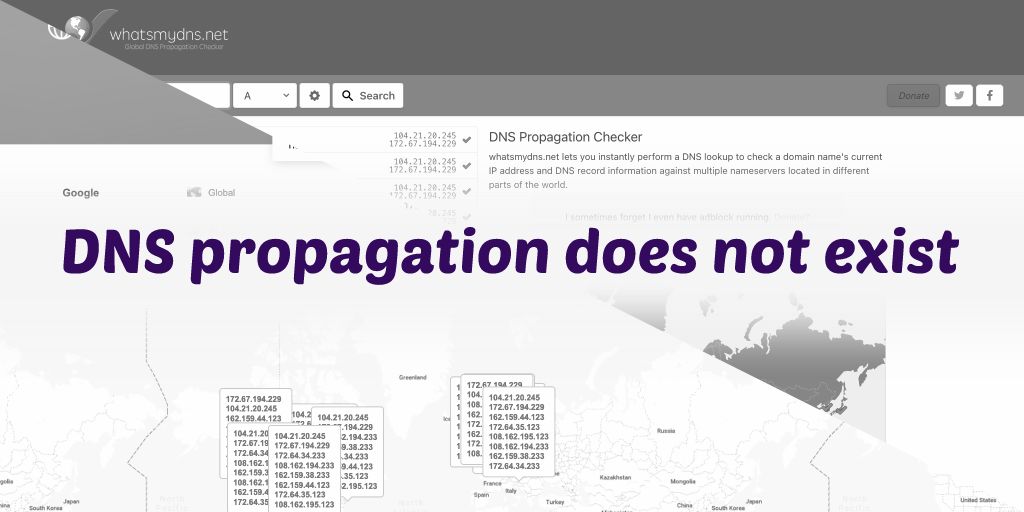
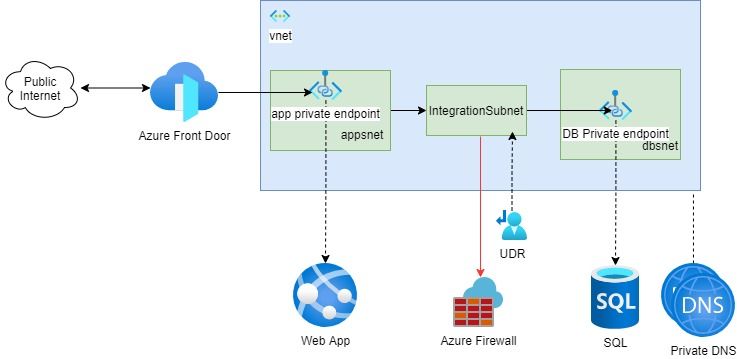
 The most important things in life don’t always scream the loudest. Well, this is the case of the often overlooked Domain Name System (DNS). With the behind-the-scenes nature of DNS, many CISOs underestimate what criminals can do with it and focus on other areas of security.
The most important things in life don’t always scream the loudest. Well, this is the case of the often overlooked Domain Name System (DNS). With the behind-the-scenes nature of DNS, many CISOs underestimate what criminals can do with it and focus on other areas of security.

